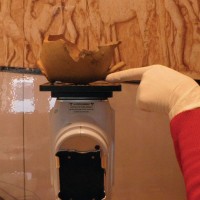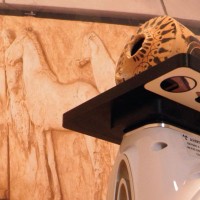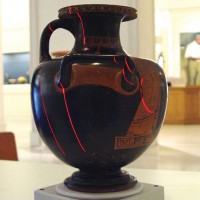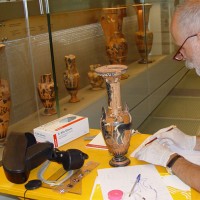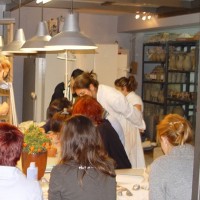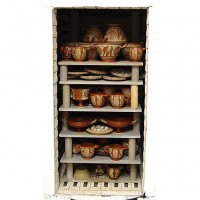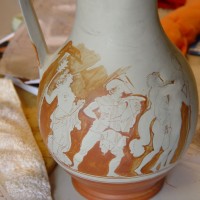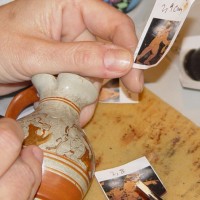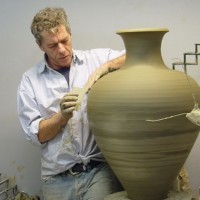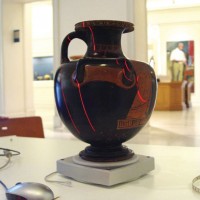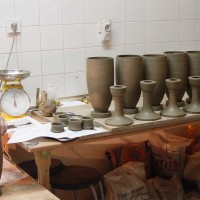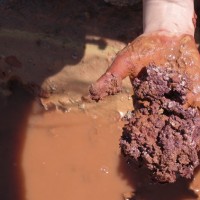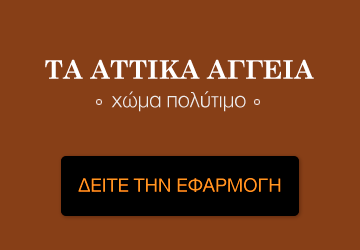BENEFITS
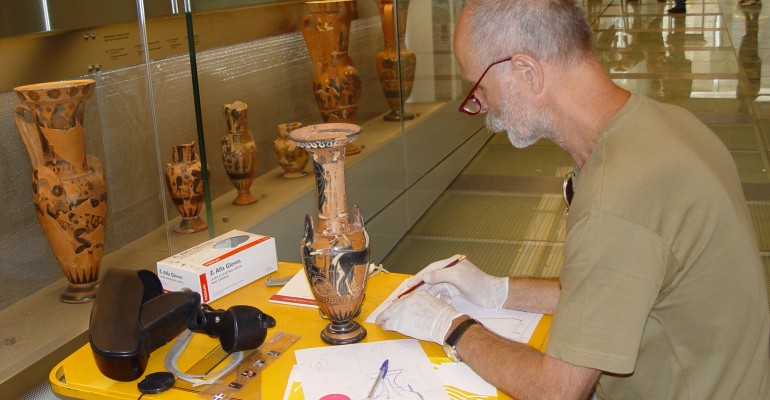
Benefits for the national economy, society, environment
Upgrading the quality of tourism products and services constitutes an important element of Greece’s strategy for economic development. The proposed project complies with the Greek tourism campaign which is undergoing a significant change as city-breaks and conference tourism are promoted, along with cultural and wellness tourism. The project, if successful, will allow the tourist industry to decrease its dependence on low quality and low cost imports by offering museum quality artifacts at moderate cost. The demand for such products has been ascertained by the requests of visitors to the new Acropolis Museum shop. The management of the Acropolis Museum has urged THETIS authentics Ltd to start such a production line based on the Museum collection of classical attic vases. At present the major impediment for this to happen is the very high cost of such museum quality products.
The benefits for society come mainly from highlighting the technological aspects of classical Attic pottery, especially since both the Kerameikos and the Acropolis museums are visited by school age children. The technological aspects of pottery production allow educators to integrate history and science around a unique range of artifacts of high aesthetic value. Visually impaired visitors will be able to have a tactile experience from the collection of actual reproductions of selected exhibits at the Kerameikos museum which will offer a hands-on experience of ancient pottery that is missing from all Greek museums. Since the Kerameikos Museum and the archaeological site of the ancient cemetery attract the interest of more knowledgeable visitors who are also familiar with modern technologies, described as experience seekers by the National Greek Tourism Organization, it forms the ideal place for the first application of the project outcome.
Traditional ceramic crafts in Greece has been continuously degraded during the last decades, starting at the end of the 80’s mainly due to massive low cost imports from the Far East. Initiatives that aim at the revival of old techniques with a modern perspective, like the one in this project, may ideally give rise to the formation of a new generation of well-trained and creative crafts people.
Finally the use of natural clays for the surface decoration of ceramics leads to products that are environment friendly and do not present a health hazard both for the producers and the consumers. During the 10 years of operation of the ceramic workshop of THETIS authentics Ltd and through continuous experimentation with ancient materials, techniques, forms and typology, a series of issues became apparent including the fact that antiquity, starting from prehistory, can inspire us towards a modern way of living where resourcefulness acknowledges the finite resources on Earth. In this way the project complies with some modern “green” movements of the 21st century widely promoted in most EU countries and especially in the US, like “craftivism” (craft + activism) or “slow cooking” (by using ceramic unglazed cooking ware) while firmly relying on science and documented data.

